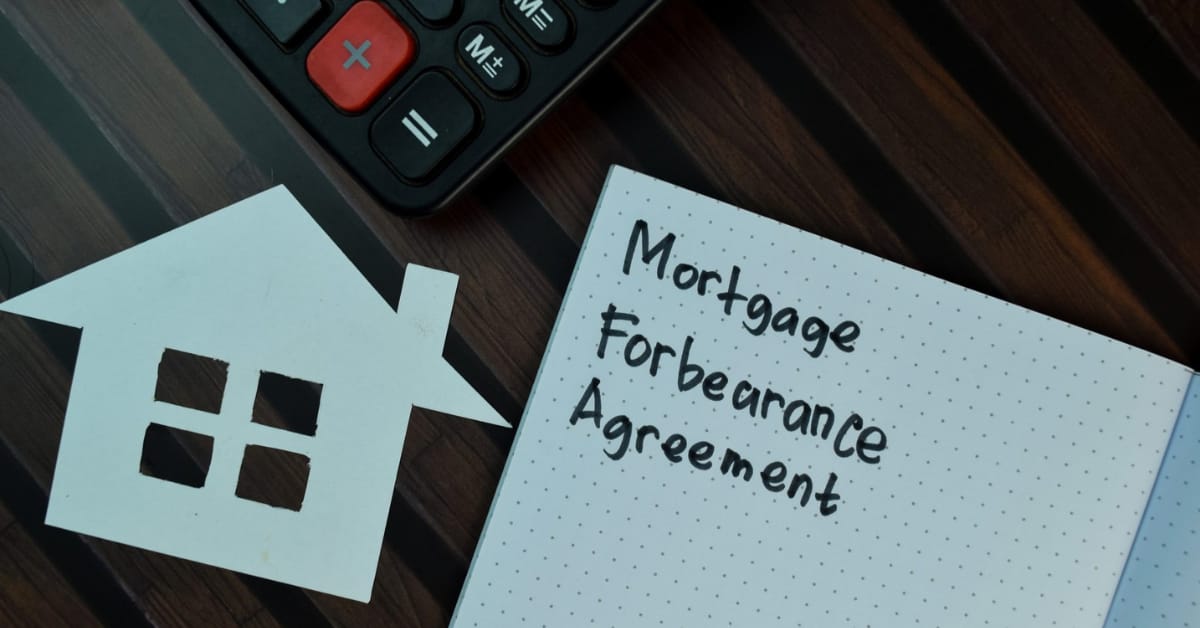If you received a mortgage forbearance due to COVID-19, your payment suspension could be about to expire. If so, you must request an extension before the initial forbearance agreement expires. It’s important to know that a forbearance extension through CARES isn’t guaranteed. The CARES Act [aka] Coronavirus, Aid, Relief, and Economic Security (CARES) Act.
was signed into law on March 27th of 2020. If you aren’t sure, contact an experienced Orlando Realtor to assist you.
The act granted homeowners who were financially affected by the coronavirus a 6-month temporary suspension with no penalties. That means the first forbearance agreements began to expire at the end of October 2020.
The CARE Act also allowed for a 180 forbearance extension… as long as the homeowner requests before the initial agreement expires.
MAIN POINTS
- The CARES Act provides up to 360 days of mortgage payment forbearance for homeowners with a federally backed loan.
- The initial forbearance can be for up to 6 months with one 6 month extension.
- You must request the initial forbearance from your bank as well as the extension. Neither one is automatic.
- To apply for an initial forbearance or an extension, contact your lender.
- Typically, forbearance freezes delinquency, which also stops foreclosure.
- Most lenders offer COVID-19 related forbearance. For private lenders rules and conditions vary.
What Loans Qualify for Forbearance Under the CARES Act?

The CARES Act forbearance applies to mortgages backed by the federal government:
- Loans insured by the Federal Housing Administration
- Loans insured under section 255 of the National Housing Act.
- Loans insured under section 184 or 184A of the Housing and Community Development Act of 1992.
- Loans insured by the Department of Veterans Affairs.
- Loans insured or made by the Department of Agriculture.
- Loans insured by the Federal Home Loan Mortgage Corporations (Freddie Mac) or (Fannie Mae)
Apply For Your Extension Through Your Lender
If your loan forbearance is about to expire and you still can’t make the payments, contact your lender immediately. Check your mortgage statement for the contact information of your mortgage servicer.
Your lender should notify you before the expiration of your current forbearance. Don’t take a chance! If you’re not sure when your current forbearance expires then call your servicer to tell them you need an extension. If you’re unsure or need some help, feel free to contact us at https://orlandorealtyconsultants.com/ for immediate assistance.
Before you contact the lender, visit their website for any mortgage relief options available.
The CARES Act only requires that you request an extension and by law… you shall receive one.
Get It In Writing!
Although the law doesn’t require your forbearance request to be written, it’s a good idea to ask your lender for documentation detailing the terms of your agreement.

Things to keep in mind:
- To get the extension, you don’t need to submit additional documentation. Only your claim to have a coronavirus-related financial hardship will be required.
- During the time of your forbearance, additional fees, penalties, or interest will be waved.
- You have the option to shorten the forbearance and continue to make payments at any time. Let your lender know of the change.
If you still haven’t asked for your mortgage forbearance, don’t worry… you may still be able to as long as the emergency declaration is still in effect. You can check with your local Orlando real estate agent to get informed.
What About Private Lender Forbearance Agreements?
If you have a mortgage through a private lender you’ll have to contact them and see what they’re offering. Because your lender will have their own set of terms and conditions, you’ll need to pay close attention to the fine print. For example, some private lenders may want you to pay a balloon payment for missed payments and interest.
During Your Forbearance
During the time of your Forbearance, while preparing for life after your forbearance expires, there are a few things you should be doing…
- Maintain copies of ALL written documents pertaining to your forbearance agreement.
- Check your monthly mortgage statements carefully to make sure there are no mistakes.
- Pause auto-payments for your mortgage during your forbearance.
- Carefully monitor your credit report for any errors and make sure your lender is reporting your status correctly
- Prior to your forbearance expiring, be sure to have a plan in place with your lender for you to repay what you owe.



